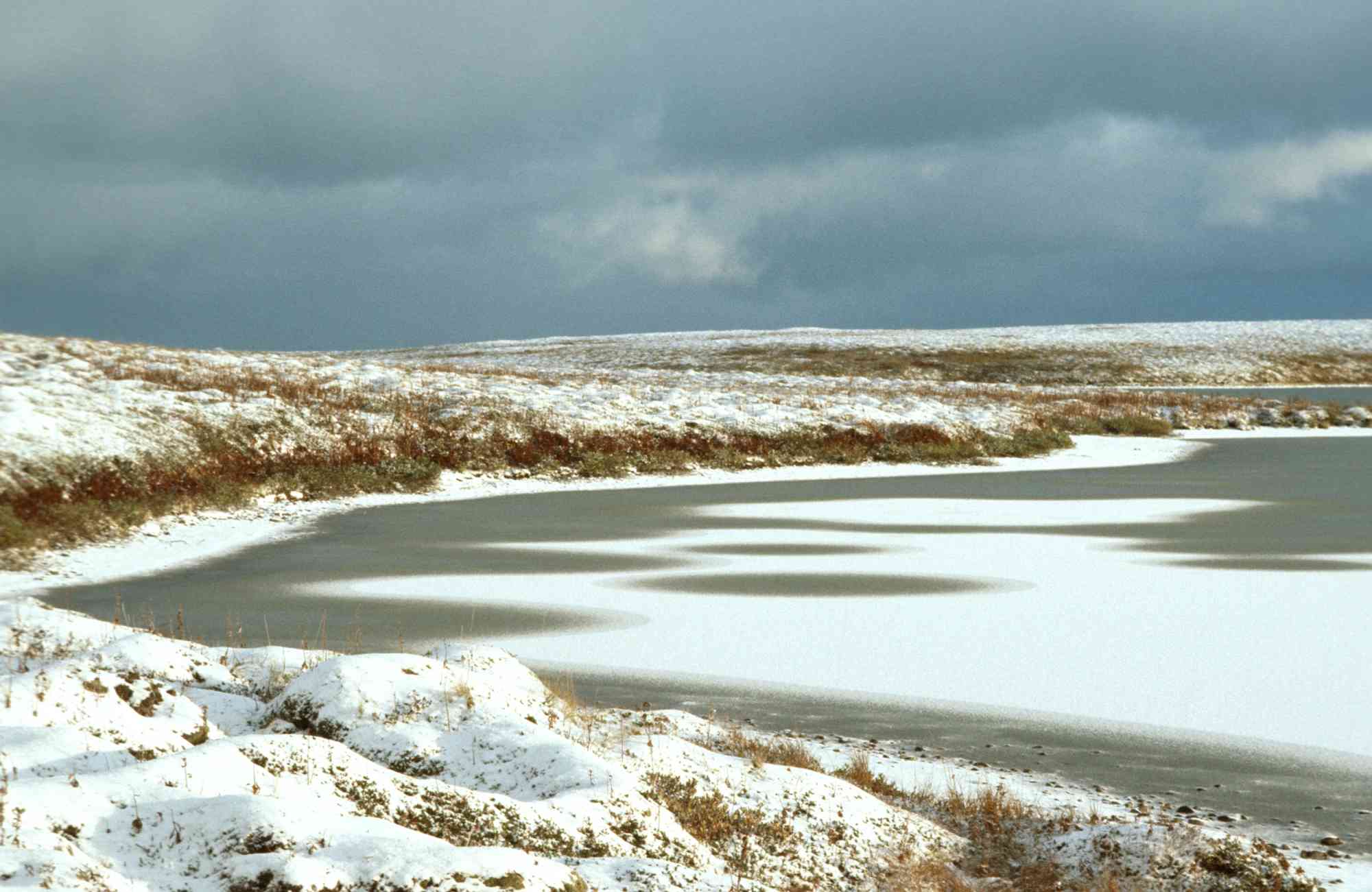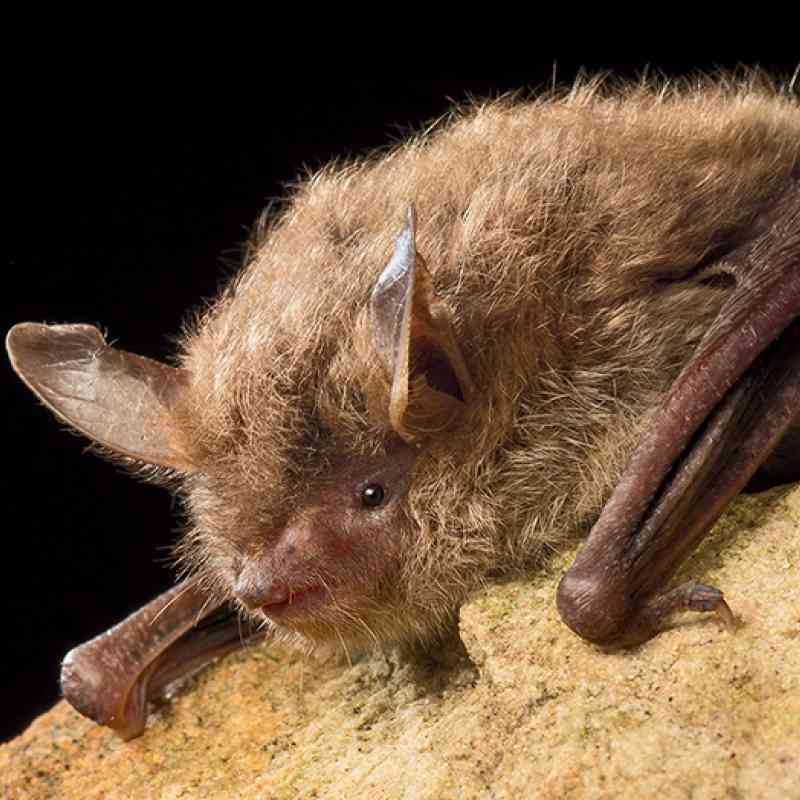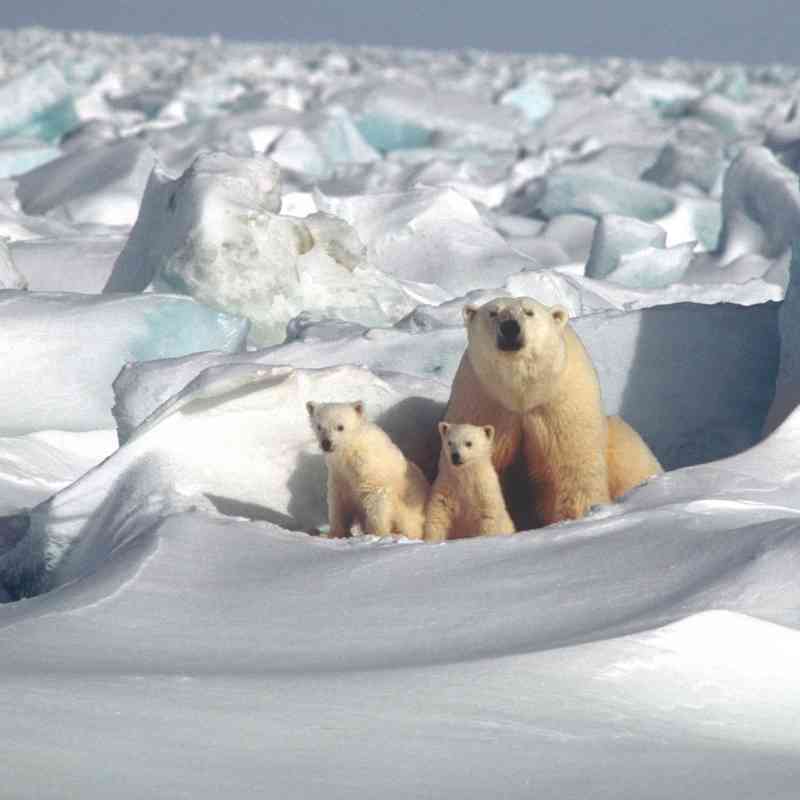WASHINGTON (June 27, 2017) – Today the House Natural Resources Committee voted to advance H.R. 218, the “King Cove Road Land Exchange Act,” a bill that would remove wilderness wetlands in Izembek National Wildlife Refuge from federal public ownership, giving them away to the state of Alaska for construction of a road in exchange for comparatively lesser quality state lands.
Introduced by Representative Don Young (R-AK), enactment of the bill would cause irreparable damage to a globally important conservation area, threaten the survival of imperiled species and set a precedent that jeopardizes wildlife refuges and wilderness protections on public lands across the country. The legislation now awaits consideration on the House floor.
Statement from Defenders of Wildlife President and CEO, Jamie Rappaport Clark:
“The proposed road would plow through a fragile wildlife corridor. This would cause irreversible harm to some of the most important wetlands on the planet and threaten the vulnerable species Izembek was established to protect.
“This misguided legislation would also subvert multiple environmental laws to strip these vital wildlands out of the refuge, undermining the integrity of the National Wildlife Refuge System and the strength of wilderness protections.
“Selling out Izembek is the latest in an escalating volley of attacks on our public lands and waters. From Secretary of the Interior Ryan Zinke’s review of our national monuments to renewed efforts to drill in the Arctic Refuge, the administration and Congress seem intent on destroying the special places that help define who we are as Americans. Anyone who cares about protecting our wildlife and habitat must stand against these unprecedented threats to our natural heritage.”
BACKGROUND
Izembek National Wildlife Refuge
- Izembek National Wildlife Refuge is a globally recognized wetland and coastal habitat for iconic wildlife, including brown bears, caribou, salmon and hundreds of species of migratory birds. Its irreplaceable wetlands are so special, in 1986 they became one of the first wetland areas in the United States to be designated a “Wetland of International Importance.” One of America’s unique and ecologically significant wildlife refuges, this extraordinary landscape in Alaska in almost entirely designated wilderness.
- Tens of thousands of waterfowl, seabirds and shorebirds from throughout the Pacific Flyway rely on the Izembek refuge for nesting and feeding. Each fall the refuge shelters nearly the world’s entire population of Pacific black brant, a sea bird, as they gorge themselves on the refuge’s eelgrass beds in preparation for their non-stop migration to wintering grounds in Mexico.
Road Controversy
- Izembek National Wildlife Refuge lies between the small Alaskan villages of King Cove and Cold Bay. The community of King Cove claims a road through Izembek is necessary to assure safe transport to Cold Bay’s larger airstrip in the event of a medical emergency. However, commercial interests are a driving force behind the road proposal, as most recently indicated in statements by the Alaska Governor Bill Walker.
- American taxpayers have already spent over $50 million to provide a safe, reliable medical response system to the King Cove community, which has less than 1,000 residents, in lieu of the damaging road. In 1998 the federal government allocated over $37 million to upgrade access to quality medical care for the people living in the village, and then paid an additional $13 million in support of that commitment. King Cove subsequently elected to voluntarily give away the state-of-the-art $9 million hovercraft ambulance that was purchased, which successfully performed every medical evacuation to Cold Bay while in operation. The best estimates suggest that the road proposal would cost an additional $24 million, resulting in a final bill to the American taxpayer of at least $75 million.
- In addition, the proposed road would likely cost lives when other viable transportation options exist. Izembek Refuge is subject to frequent violent winter storms, making travel along the proposed route extremely dangerous. The road would likely be impassable for much of the year due to seasonal icing, high winds, blizzards and avalanche conditions. A recent study by the Army Corps of Engineers evaluated non-road transportation alternatives for King Cove, demonstrating that a marine ferry option would be reliable approximately 99 percent of the time.
- The Department of the Interior has studied this issue exhaustively, and repeatedly concluded that the road should not be constructed. In 2013, after a comprehensive four-year analysis including consideration of more than 70,000 public comments, former Secretary of the Interior Sally Jewell reaffirmed that a road through Izembek would irrevocably damage natural resources and should be rejected. In 2015, the U.S. District Court of Alaska upheld the Secretary’s decision to protect the refuge.
Defenders of Wildlife is celebrating 75 years of protecting all native animals and plants in their natural communities. With a nationwide network of nearly 2.2 million members and activists, Defenders of Wildlife is a leading advocate for innovative solutions to safeguard our wildlife heritage for generations to come. For more information, visit defenders.org/newsroom and follow us on Twitter @Defenders.


